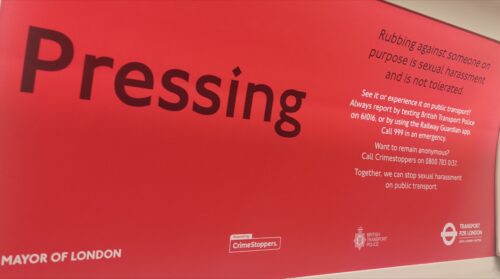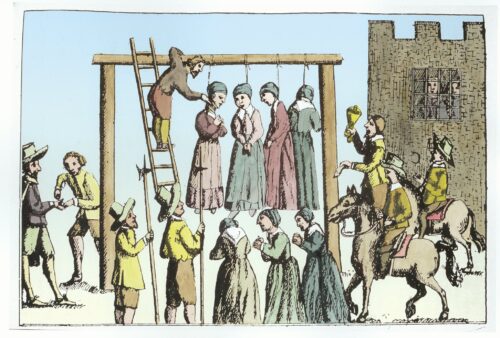
Contemporary struggles against misogyny in Britain are not isolated occurrences but rather manifestations of historical inequities deeply entrenched within the fabric of society. So when the Chief of Police asks the British public to undertake direct interventions to reform itself, will it work?
I mean think about the math behind the fact that “more than a third of women“ face daily attacks.
Speaking to radio station LBC, [chief of British Transport Police] Ms D’Orsi described misogynistic behaviour as “a societal challenge” and urged people to “speak up about violence against women and girls”.
More than one-third of all British women who travel by railway are likely to be assaulted during their commute, suggest figures released in November by BTP, which polices the railway network.
The rate of abuse is so high, it begs the question what percentage of British are able and willing to intervene and stop harm instead of amplifying it.
The language used by police is clearly elevated. In both physical and online forums they describe misogyny in terms of a domestic terror threat, perhaps preparing to raise liability on anyone who refuses to aid victims.
“In my old role in counter-terrorism police we used to talk about how communities defeat terrorism, and I think in the rail sector passengers can help us to defeat unwanted sexual behaviour.”
Should women visiting Britain, expected to travel in peak times, be warned they have a 1 in 3 chance of domestic terror attack?
This is a nation where even its own war hero was subjected to public disgrace and forced into an untimely death. Their enduring reputation for permitting myriad harms against some of the most promising yet least protected citizens reflects years of delays to classify misogyny as a hate crime.
And when we speak of time delays in Britain, we really speak of many, many, many years being lost.
The sexist abuse that haunts modern life is nothing new: women have been ‘trolled’ in art for 500 years. Deanna Petherbridge, co-curator of the first major exhibition on the subject, delves into a ghastly history.

Efforts to recognize and address systemic roots of British misogyny seem to benefit from the longest timelines possible. Such persistence in permitting abuse at unacceptably high levels even to this very day suggests a deep-seated societal affliction, one passed down through generations without signs of any real accountability.
The plight of British women, or any women who are unfortunately subjected to the bias and hate festering within British culture, are thus actually dealing with a societal failure that spans centuries. Is it reasonable for the Chief of Police to expect the British public to now successfully help stop crimes so entrenched, and on what timeline?